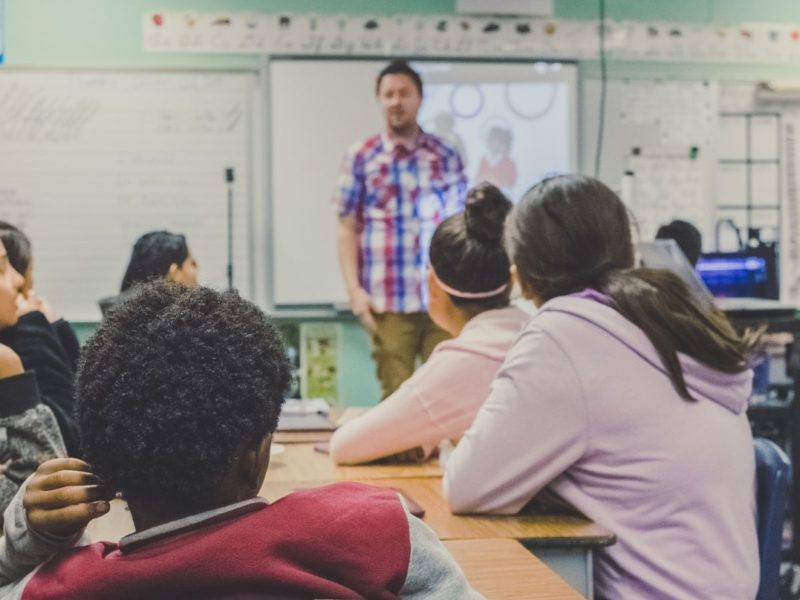Future Skills
Future skills – basic literacy, numeracy and socio-emotional skills – are important across all economic sectors and occupations. Figuring out who and how to address skills gaps is key to building an inclusive workforce with upward mobility.
Research
Social and Emotional Skills are Top of Mind Across Canada
When we asked participants across Canada to identify the most important skills for career success, they overwhelmingly identified social and emotional skills. This summary details their concerns, challenges, and suggestions.
Research
What Are Canadian Post-Secondary Institutions Saying and Doing? Social and Emotional Skills
Canadian post-secondary institutions are not prioritizing social and emotional skills acquisition for students, despite their growing importance to employers. More emphasis must be placed on ensuring students develop these skills.
Research
Rising Skills: Emerging Skills in the Food Services Trades
Commercial kitchens are becoming more automated, connected, and diverse workplaces. This briefing looks at the skill sets that food services tradespeople—in particular, the Red Seal trades of cook and baker—need to adapt, as well as how employers can find the skilled talent they need.
Research
Rising Skills: Digital Skills Needs for Smart and Connected Vehicles
As the automotive industry shifts toward smart and connected vehicles, tradespeople who service cars, trucks, heavy duty equipment, and other vehicles will need stronger digital competencies. This briefing looks at how stakeholders in the automotive sector can reduce barriers to digital upskilling for both apprentices and journeypersons.
Research
Rising Skills: A Toolbox Talk on Social and Emotional Skills in the Construction Trades
This report looks at the social and emotional skills that construction tradespeople will need to participate in an industry that is becoming increasingly multi-generational and diverse.
Research
Learning Together: STEM Outreach Programs for Indigenous Students
In Learning Together: STEM Outreach Programs for Indigenous Students, we were interested in free STEM programs, not run by the formal education system, that target Indigenous children in Kindergarten to Grade 12. We surveyed these programs across Canada to learn more about how they reach Indigenous youth.
Research
Measuring Social and Emotional Skills
Social and emotional skills (SES) play a critical role in the success of individuals and organizations. But, until now, there has been no comprehensive and integrated resource to identify and compare SES measurement tools. We released a new resource for users to measures social and emotional skills in adolescents and adults
Research
Competency Frameworks and Canada’s Essential Skills
Whether it's new technology or global events driving the pace of change, Canadians are being asked to adapt in the workplace. Canada needs an essential skills framework that includes and looks beyond simple literacy and numeracy. It needs to include the 'soft skills' that industry leaders say are key to success and other essential skills that will help Canadians adapt, no matter what comes their way. Each needs to be measured and tracked to ensure Canadians remain globally competitive, and this paper argues that renewing Canada’s Essentials Skills framework is the place to start.
Research
Curriculum and Reconciliation: Introducing Indigenous Perspectives into K–12 Science
Curriculum and Reconciliation: Introducing Indigenous Perspectives into K–12 Science briefly and visually outlines the landscape of school science curricula across the country. Several jurisdictions integrate Indigenous content, perspectives, and ways of knowing, while others have yet to include references to Indigenous perspectives.










